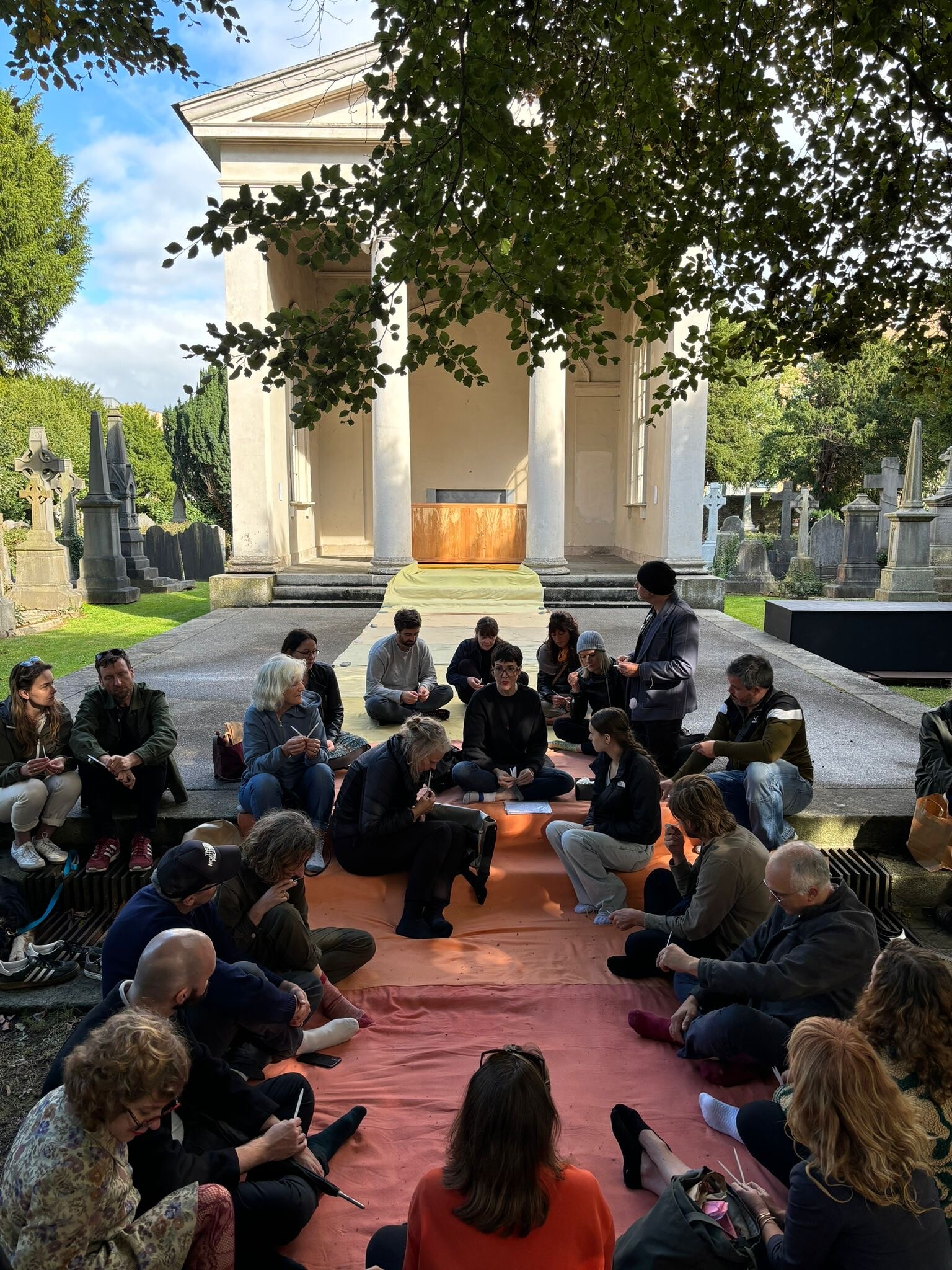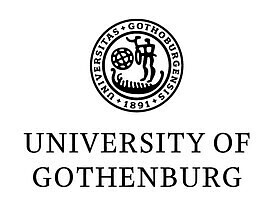Reading group
We invite expressions of interest to participate in an online reading group on how (dis)community between the living and the dead is imagined.
The importance of making a distinction between the conditions of the living and those of the dead is a familiar theme distributed across many communities and societies. While the distinction between the living and the dead enacts a mode of contrast and separation, it does not always require a totalising segregation, neither spatially nor symbolically. For some the dead may be understood as integral to the community and dwelling spaces of the living, as is well attested by traditions of intramural burial. Within colonial-modernity distinctions between the living and the dead have tended toward a fundamental dichotomy. While the dead are seen to persist for a time materially as the dead body, other than these remains they are most often assigned to a space of non-being. The living are. The dead are not. The line dividing these is coeval with the cleavage between Fanon’s zones of being and non-being. Whether in terms of the contested constructs of the human or the more-than-human, the colonial-modern division between the living and the dead, and imaginaries of their non-relation, appear to be of great conseqence. For example, the exclusion of the dead from community with the living would seem a necessary moment in the enabling logic of genocide.
Practicalities
The group meets once monthly for 90 minutes, working through a series of texts that require approximatley five hours of reading and viewing time each month. In total the commitment to participation requires roughly one day a month for the period January to June 2025.
Meetings will be held online, with the possibility to meet up in person for one day in June 2025. Date and location of this meet-up will be announced at the start-up meeting online Wednesday December 18 2024, time 6–6:45pm (CET). At this start-up meeting we will share the materials for the group and agree the protocol of how we conduct the meetings.
Sessions are last Wednesday of each month 5–6:30pm (CET): January 29, February 26, March 26, April 30, May 28, June 25.
Where appropriate discussion may extend for longer than the set time, however we are asking participants to commit to 90 minutes only, with no requirement to stay later if a session runs longer.
Sources used are drawn from a wide range of disciplines and practices including literature, philosophy, anthropology, contemporary art, political and social theory and cultural history.
HDK-Valand will host this online reading group for researchers from any domain, including artist-researchers and researchers who do not have a disciplinary or institutional affiliation. The reading group will work through English, making use of sources translated from other languages. The key criteria for joining the group are: (i) a commitment to attend regularly (ii) an open-ness to consider radically divergent and contradictory ideas; and (iii) a clear purpose in wishing to consider the broad topic in their context of existing practice, research or concerns.
The reading group is a research process and not a formal educational course. The group is convened and facilitated by Prof. Mick Wilson, Director of Doctoral Studies at HDK-Valand. Enquiries to doctoral-education [at] hdk-valand.gu.se.
How to submit expression of interest
To submit an expression of interest in joining the reading group, please email doctoral-education [at] hdk-valand.gu.se with a short statement indicating why you are interested in participating and the relevance of the overall thematic to your current research.
Please send your expression of interest by October 31, 2024. You will recieve a response by November 30 2024.

